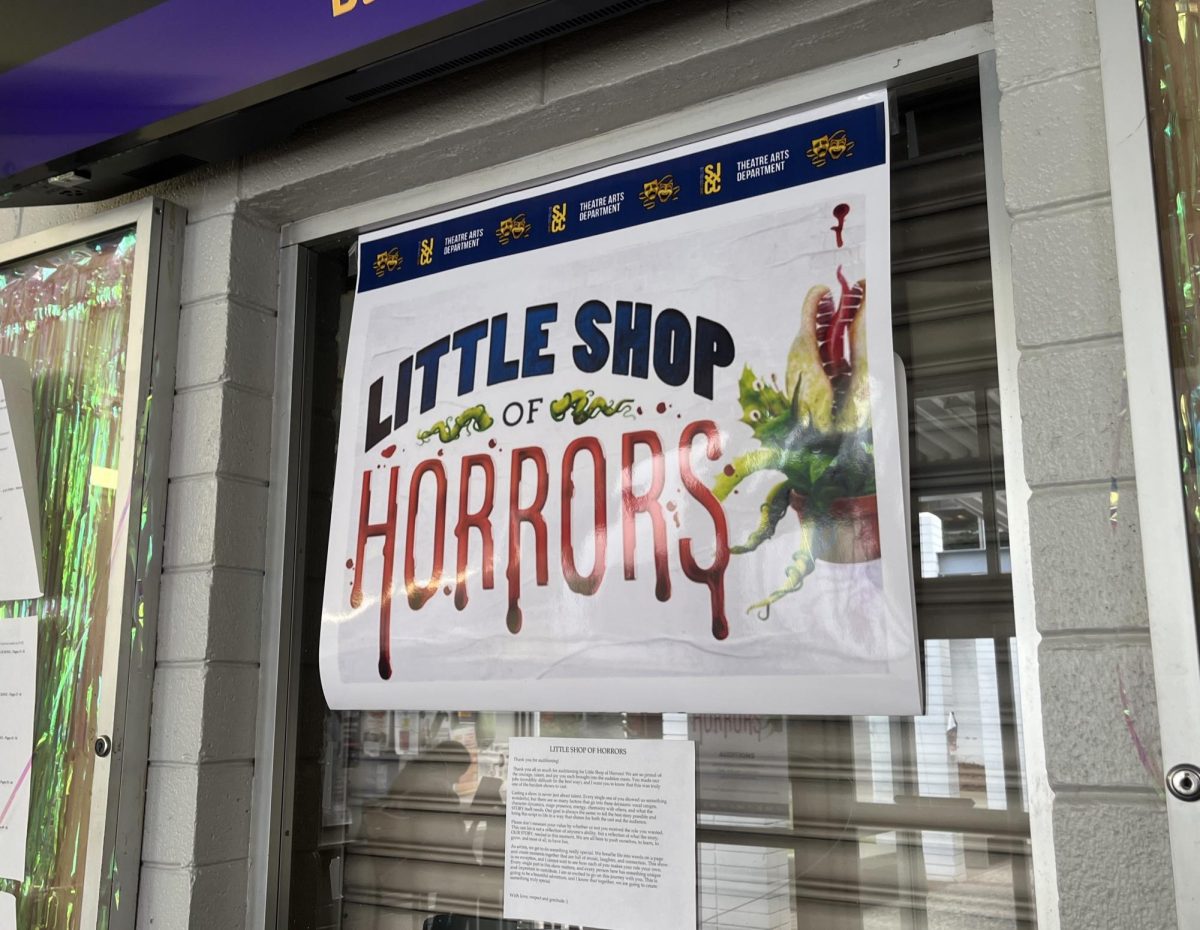“The Speed of Trust, the one thing that changes everything” by Stephen M. R. Covey is a must read for anyone who depends on someone else to get something done.
No matter what we do or accomplish the prime ingredient is trust, trust in ourselves or trust in the other individual we interact with.
Covey opens with this profound hypothesis about trust, “There is one thing that is common to every individual. One thing which, if removed, will destroy the most powerful government, the most successful business, the most thriving economy, the deepest relationship. … Yet, it is the least understood, most neglected and most underestimated character trait of our time. That one thing is trust. … Trust impacts us 24/7, 365 days a year,” as quoted in “The Speed of Trust” by Stephen M. R. Covey author and advises on trust, leadership, ethics and high performance.
Covey addresses audiences around the world. Covey spends a great deal of time in explaining the costs, profits and the economics of trust. He puts forth a simple formula for determining the cost of trust:
“When trust goes down, speed will also go down and cost will go up. This is termed the “Trust Tax”
↓ (low) Trust = ↓ (low) Speed ↑(high) Cost.
When trust goes up, speed will also go up and cost will go down. This relationship is termed the “Trust Dividend”
↑ (high) Trust = ↑ (high) Speed ↓(low) Cost.”
High trust is like the leaven in bread, which lifts everything around it.
“In a company, high trust materially improves communication, collaboration, execution, innovation, strategy, engagement, partnering and relationships with all stakeholders,” Covey wrote.
Covey further points out the cost of low trust in an organization and compares low trust to high trust.
The reader is taken through a series of exercises on how to gain trust and also restore trust after it is broken.
Covey does a masterful job of peppering into the book valuable quotes from leading corporate CEOs.
My favorite snippet was the following quote by Covey, “When a company letter begins with a statement such as, “2005 was a challenging year for XYZ Company….” you know that the company probably had a lousy year, but will try to “put makeup on the pig.” (Warren) Buffett would just straight out call a “pig a pig.”
Overall, this book is a light and humorous read but also carries a profound message for today’s culture.







